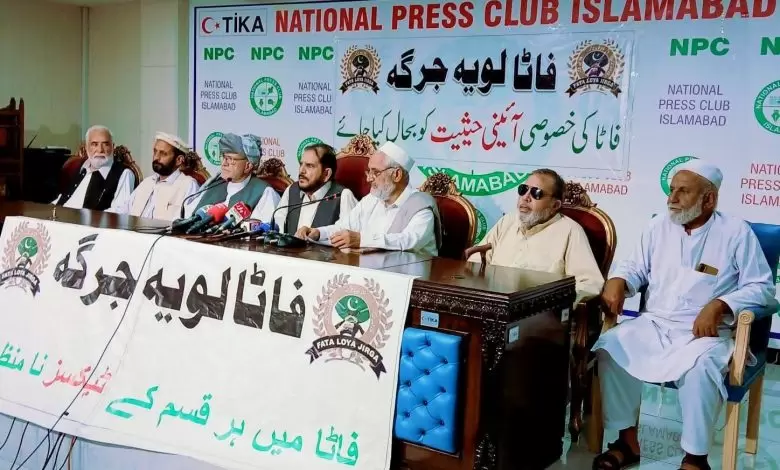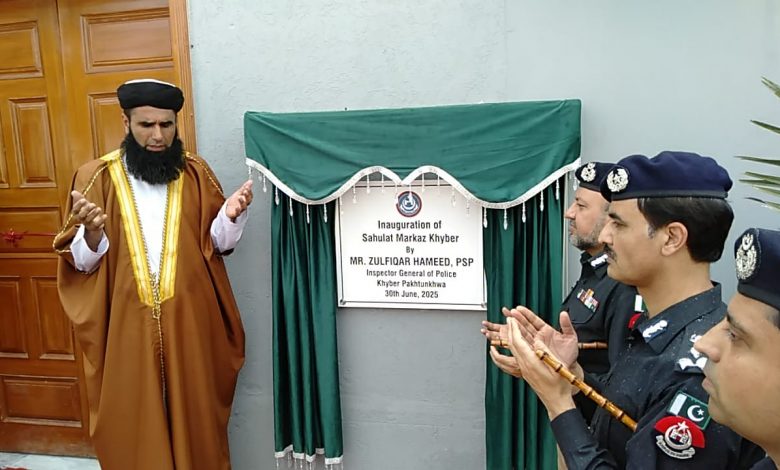Aftab Mohmand
The social media influencers, dismissed by the KP caretaker government, have filed a petition in the Peshawar High Court against their removal by the caretaker government on Friday.
More than 1,100 social media influencers in Khyber Pakhtunkhwa were terminated by the caretaker government. The petitioner claimed that the announcement of removal was malicious and illegal as the caretaker government did not have the power to dismiss anyone.
Dismissed social media influencers filed a petition in the court, making the caretaker government, information secretary, finance secretary, and project director parties in the case, and pleading with the court to postpone the declaration of their termination.
The petition argued that the move violated election rules and that only the supervisory setup had the authority to assist the Election Commission in conducting transparent elections.
Yesterday, the Public Relations Department recommended to the Provincial Finance Department to stop the salaries of the influencers and project monitoring unit employees. After the Finance Department acted, social media influencers' honorarium and other benefits were discontinued.
The caretaker provincial information minister Barrister Feroze Jamal Kakakhel explained that the previous government had established social media influencers for government initiatives and public awareness, but the project has lost its relevance. He added that the interim government had enacted laws and rules to fulfill the goals of the project, making it no longer necessary.
According to Feroze Jamal, the work of the influencers was not aligned with the government's agenda, which is why the caretaker government has no need for these influencers. However, the social media influencers and Pakistan Tehreek-e-Insaaf (PTI) have decided to challenge the move in the Peshawar High Court.
PTI leader Shaukat Yousafzai stated that the caretaker government had exceeded its constitutional jurisdiction and that his government had recruited social media influencers based on merit. He also argued that the caretaker government did not have the authority to fire anyone, and it was not fair to make educated youth unemployed.
1.jpeg)
.jpeg)
01 Jul, 2025

.jpeg)


